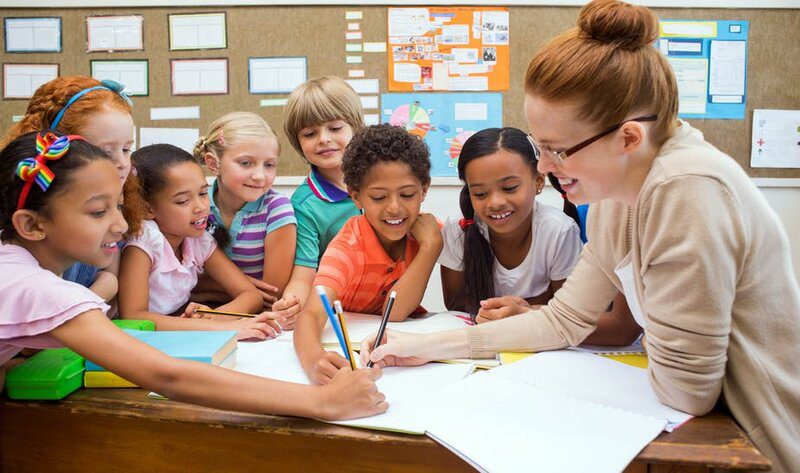Education is a term that has been widely used across different cultures and societies. The meaning of education can vary from one person to another, depending on their background, experience, and perspective. However, in its simplest form, education refers to the process of acquiring knowledge, skills, and values through various forms of learning. In this article, we will explore the different definitions of education, its importance, and its role in shaping society.
What is Education?
Education can be defined as the process of acquiring knowledge, skills, and values through formal or informal learning. It involves various forms of instruction, including classroom-based learning, online learning, experiential learning, and self-directed learning. Education can be formal, such as attending school, college, or university, or informal, such as learning from family, friends, or the community.
Education can also be viewed as a lifelong process, whereby individuals continue to acquire new knowledge, skills, and values throughout their lives. This form of education is often referred to as lifelong learning and is essential in today’s rapidly changing world, where new skills and knowledge are continually required.
The Importance of Education
Education is crucial for personal growth and development, as it provides individuals with the knowledge and skills necessary to achieve their goals and aspirations. Education also plays a significant role in social and economic development, as it helps to create a skilled workforce and promotes innovation and creativity.
Moreover, education is essential for building a democratic society, as it fosters critical thinking and helps individuals to understand the complexities of the world around them. Education provides individuals with the tools necessary to participate fully in their communities and to make informed decisions that can impact society positively.
The Role of Education in Society
Education plays a critical role in shaping society, as it helps to create informed and engaged citizens who are capable of contributing to their communities in a meaningful way. Education helps to promote social mobility, as it provides individuals with the knowledge and skills necessary to succeed in their careers and achieve economic independence.
Furthermore, education has the power to challenge societal norms and promote equality and social justice. Through education, individuals can learn about different cultures, perspectives, and experiences, which can lead to greater empathy and understanding of others. Education can also promote diversity and inclusion, which are essential for creating a more equitable and just society.
In addition, education plays a crucial role in promoting innovation and technological advancement. Through education, individuals can develop the skills and knowledge necessary to create new products, services, and technologies that can improve people’s lives and benefit society as a whole.
Challenges in Education
While education is essential for personal and societal development, there are several challenges that need to be addressed. One of the biggest challenges in education is access, as many individuals around the world do not have access to quality education due to poverty, discrimination, or lack of resources.
Another challenge is the quality of education, as many educational systems around the world do not provide students with the skills and knowledge necessary to succeed in their careers and contribute to society. In addition, there is often a mismatch between the skills that employers require and the skills that students learn in school, which can lead to unemployment and underemployment.
Moreover, there is a need to promote diversity and inclusion in education, as many marginalized groups, such as women, minorities, and individuals with disabilities, face barriers to accessing education and may not have equal opportunities to succeed.
Conclusion
In conclusion, education is a critical component of personal and societal development, as it provides individuals with the knowledge, skills, and values necessary to achieve their goals and contribute to society.

